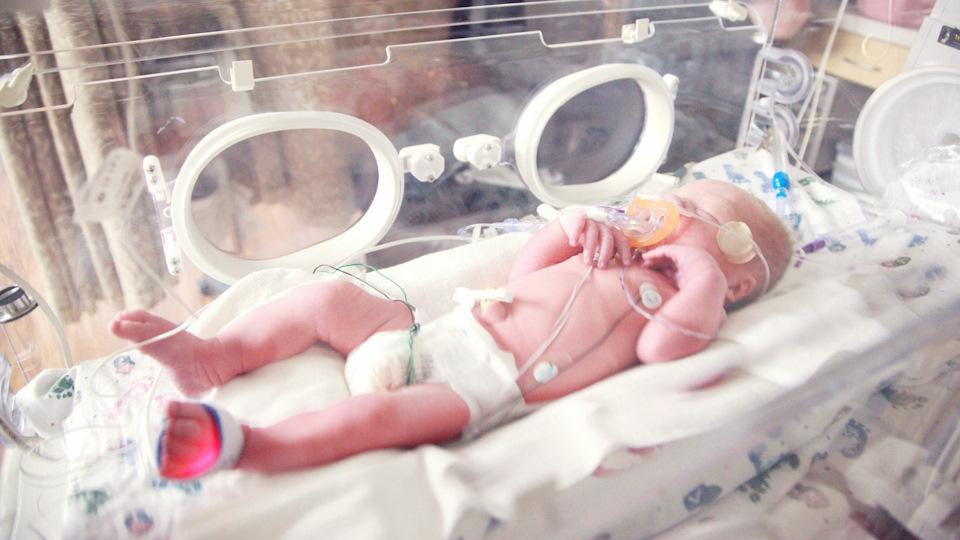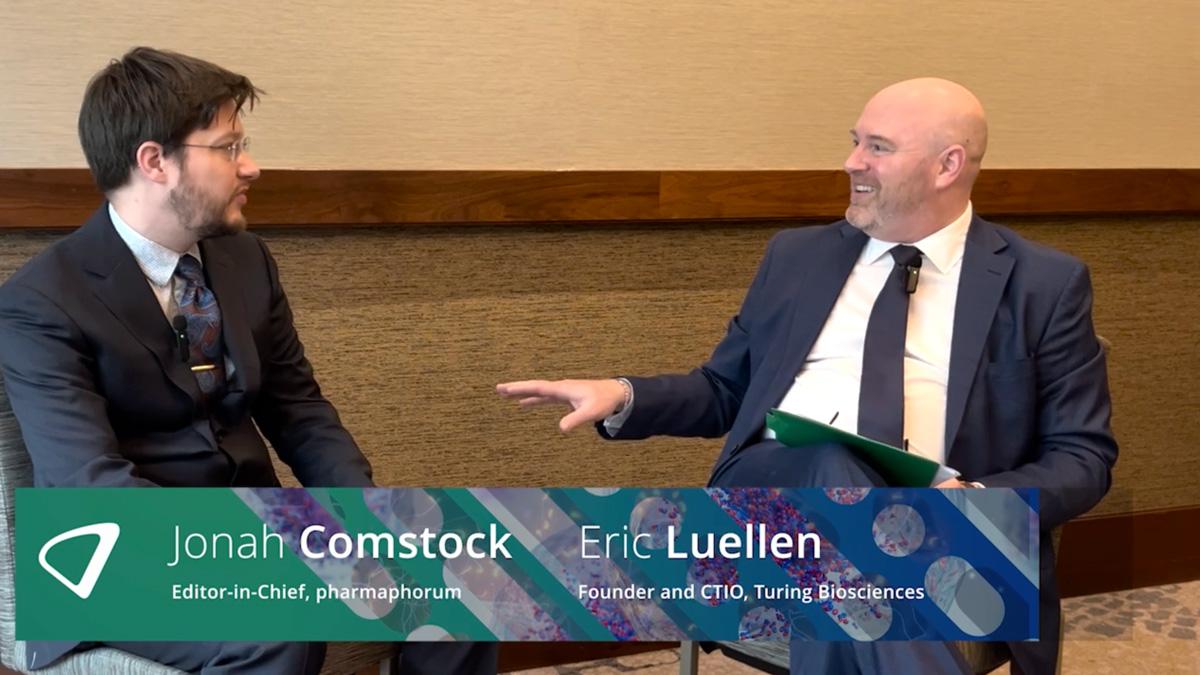Lifeline for Wolman disease kids as NICE backs Alexion drug

Infants with a rare and fatal congenital disorder called Wolman disease in England and Wales will soon have access to a new drug via the NHS that can dramatically extend their lives.
The National Institute for Health and Care Excellence (NICE) has published final draft guidance recommending Kanuma (sebelipase alfa) – sold by AstraZeneca’s Alexion unit – after the company reached a commercial deal with NHS England.
There are currently less than a dozen children in the UK with Wolman disease, an infant-onset form of lysosomal acid lipase deficiency (LAL-D), which is generally fatal within the first year of life.
Alexion originally sought approval for all forms of LAL-D, which affects around 25 people, but that was turned down in 2017, and in 2021, NICE agreed to start new guidance development under the highly specialised technology (HST) pathway.
The missing LAL enzyme causes a rapid build-up of fat in the liver, heart, blood vessels, and digestive system, leading to enlarged liver and spleen, jaundice and anaemia and eventually multiple organ failure and death.
Kanuma, which costs £300,000 ($378,000) a year at list prices and can be given as a weekly infusion at home, will now start to be made available on the NHS with funding under the £340 million Innovative Medicines Fund (IMF) set up last year to fast-track NHS access to promising new drugs with limited data backing them up. Kanuma is one of the first medicines to be made available under the scheme.
Children will have to take it for life or until they are able to receive a stem-cell transplant.
Professor Simon Jones, a specialist in childhood inherited metabolic diseases at the Royal Manchester Children’s Hospital and Saint Mary’s Hospital, said the deal “marks a major milestone in treatment for infants born with Wolman disease and signifies a substantial step forward in our dedication to practical advancements in rare disease medicine and improved patient outcomes, through research.”
Kanuma will be delivered by specialist services at London’s Great Ormond Street Hospital, Birmingham Women’s and Children’s Hospital, and Manchester University Trust.
Hashir Nawaz, an eight-year-old from Sheffield, was diagnosed with Wolman disease aged three months and began the treatment in January 2016 as part of a clinical trial at RMCH. His father Jabran said he would not be alive today without treatment, but thanks to the drug he is “able to live a normal life – going to school full-time, meeting friends on the weekend, and enjoying holidays abroad.”
Another child treated as part of a trial, Shoaib (8) from Halifax, started treatment with sebelipase alfa when he was three days old. After getting the drug for more than two years, he was eventually able to receive a stem-cell transplant and no longer requires treatment.
“Today is a milestone moment for infants born with Wolman disease and their families,” commented Sean Richardson, general manager of Alexion UK.
“The recommendation is the result of continued constructive collaboration between Alexion, NICE, NHS England, patient groups, and the medical community, to ensure babies born with this life-threatening disease have a treatment available to them.”
Photo by Alexander Grey on Unsplash













